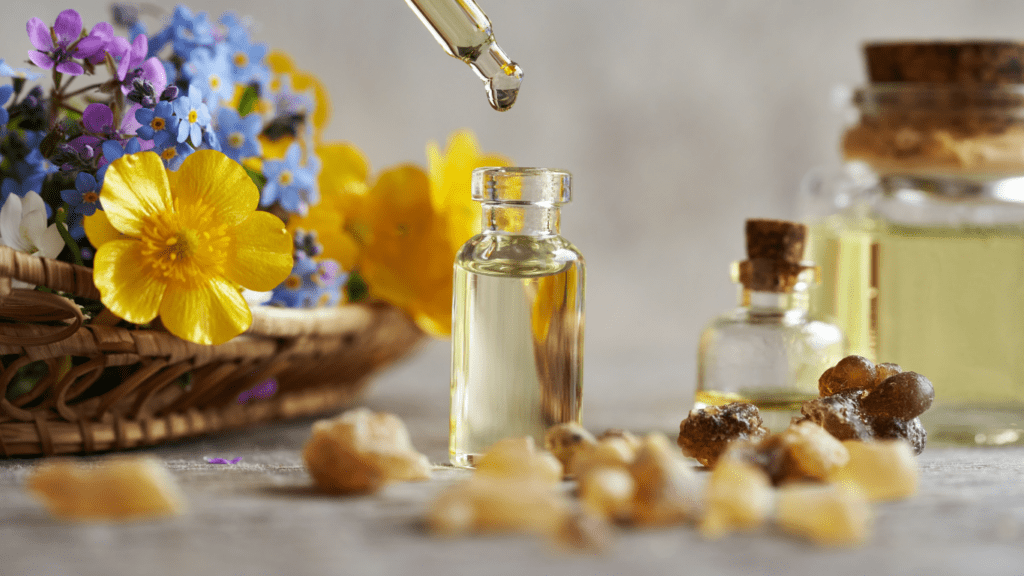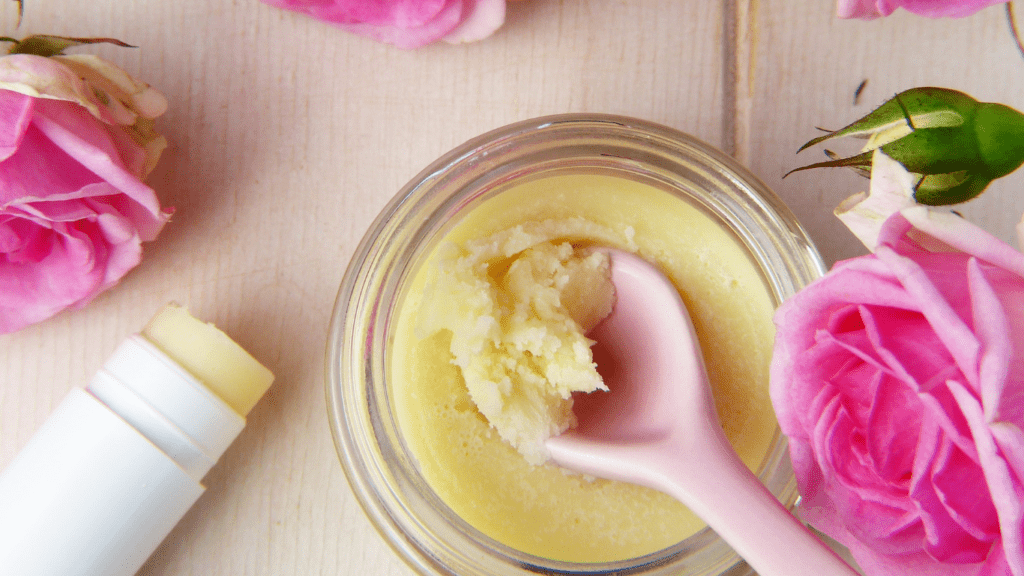Understanding Natural Oils
Natural oils, derived from plants, seeds, and nuts, offer a range of benefits for hair care. These oils contain essential fatty acids, vitamins, and antioxidants that improve hair health. By incorporating these oils into a hair care routine, one can address various hair concerns without exposing oneself to harsh chemicals.
Types of Natural Oils
Natural oils come in different types, each offering unique benefits. Here are some popular choices:
- Coconut Oil: Rich in lauric acid, coconut oil provides deep moisturization and helps reduce protein loss in hair. It’s suitable for all hair types but especially beneficial for dry and damaged hair.
- Argan Oil: Sourced from Moroccan argan trees, argan oil is high in vitamin E and fatty acids. It enhances shine, reduces frizz, and improves the overall texture of hair.
- Jojoba Oil: Similar to the scalp’s natural sebum, jojoba oil moisturizes without making hair greasy. It’s ideal for those with oily scalps and helps in balancing sebum production.
- Olive Oil: Known for its hydrating properties, olive oil strengthens hair and prevents breakage. It’s particularly useful for dry, brittle hair.
- Castor Oil: Castor oil promotes hair growth and thickening due to its high ricinoleic acid content. It also combats scalp infections and inflammations.
Benefits of Natural Oils
Using natural oils for hair care provides multiple benefits:
- Moisturization: Oils penetrate the hair shaft, delivering intense hydration and reducing dryness.
- Scalp Health: They nourish the scalp, reducing issues like dandruff and itchiness.
- Hair Growth: Some oils stimulate blood circulation in the scalp, encouraging hair growth.
- Protection: By forming a protective barrier, oils shield hair from environmental damage and heat styling.
Application Methods
There are several ways to apply natural oils:
- Hot Oil Treatment: Warm the oil slightly and massage it into the scalp and hair. Leave it on for 30 minutes to an hour before washing out.
- Leave-In Conditioner: Use a few drops of oil as a leave-in conditioner to tame frizz and add shine.
- Pre-Shampoo: Apply oil to dry hair before shampooing to protect against the stripping effects of shampoo.
Understanding natural oils and their benefits helps in making informed choices for hair care routines. By selecting the appropriate oil and application method, it’s possible to enhance hair health, shine, and manageability naturally.
Key Benefits of Natural Oils for Hair Care

Natural oils offer multiple benefits for hair care, ranging from moisturization to enhancing hair strength.
Moisturizing Properties
Natural oils, such as coconut and olive oil, provide deep hydration for hair. They penetrate the hair shaft, reducing dryness and frizz. Essential fatty acids in these oils help lock in moisture, making hair soft and manageable.
Promoting Hair Growth
Oils like castor and argan oil stimulate hair follicles, encouraging growth. Their rich nutrient content, including vitamin E and omega-3 fatty acids, nurtures the scalp and promotes healthier hair. Regular use enhances hair density and reduces breakage.
Reducing Dandruff
Tea tree and jojoba oils effectively combat dandruff. Their antibacterial and antifungal properties address scalp conditions that cause flakiness. Apply these oils to soothe irritation and maintain a healthy scalp environment.
Enhancing Hair Strength
Strengthen hair with natural oils like almond and rosemary oil. These oils contain vitamins and antioxidants that fortify hair strands, reducing brittleness. Consistent use leaves hair resilient and less prone to damage.
By incorporating these natural oils, it’s possible to achieve healthier, stronger, and more vibrant hair.
Popular Natural Oils for Hair Care
Natural oils provide numerous benefits for hair health. I’ll explore some of the most popular options to help you make informed choices.
Coconut Oil
Coconut oil penetrates the hair shaft deeply due to its small molecular structure. It’s rich in lauric acid and medium-chain fatty acids, which reduce protein loss. Regular use can decrease hair breakage and split ends. Many people apply it as a pre-wash treatment, leaving it on for 30 minutes, then rinsing with a gentle shampoo.
Argan Oil
Argan oil, often called “liquid gold,” comes from the kernels of the argan tree found in Morocco. It’s high in antioxidants, essential fatty acids, and vitamin E, which make it ideal for taming frizz and boosting shine. A few drops applied to the ends can provide a silky, smooth finish without making hair greasy.
Jojoba Oil
Jojoba oil closely resembles the natural sebum produced by the scalp. This makes it an excellent moisturizer, preventing dryness and flakiness. It also unclogs hair follicles, promoting healthier hair growth. I recommend using it as a leave-in treatment or mixing it with your conditioner for best results.
Olive Oil
Olive oil is a versatile and highly moisturizing oil packed with antioxidants and vitamins A and E. These properties help protect the hair from environmental damage and maintain scalp health. Applying it as a hot oil treatment can deeply condition strands, adding strength and luster. Warm a small amount and apply from scalp to ends, then cover with a shower cap for 30 minutes before washing out.
How to Incorporate Natural Oils into Your Hair Routine
Incorporating natural oils into your hair care regimen enhances health, strength, and shine. Follow these methods to maximize the benefits.
Pre-shampoo Treatment
Applying natural oils as a pre-shampoo treatment protects hair from drying shampoos. Massage coconut or olive oil into dry hair, then let it sit for 15-30 minutes before washing. This process locks in moisture and makes hair softer.
Leave-in Conditioner
Natural oils can also serve as excellent leave-in conditioners. For instance, use a few drops of argan oil on damp hair, focusing on the ends. This reduces frizz and adds shine, ensuring smoother hair throughout the day.
Scalp Massage
Performing regular scalp massages with natural oils stimulates hair follicles and boosts growth. Massage jojoba or peppermint oil into your scalp for 5-10 minutes. This not only promotes circulation but also relieves stress and scalp issues.
Hair Masks
Integrate natural oils into hair masks for deeper nourishment. Mix coconut oil with honey and apply the mixture to your hair, then leave it on for 20-30 minutes before rinsing. This combination hydrates and repairs damaged hair effectively.
Tips for Choosing the Right Oil for Your Hair Type
Knowing one’s hair type is essential for choosing the right natural oil. Different oils suit different hair types and concerns.
Fine Hair
For fine hair, it’s best to choose lightweight oils. Examples include jojoba oil and grapeseed oil. These oils won’t weigh down thin strands while providing necessary hydration. It’s essential to use these oils sparingly to avoid greasiness.
Thick Hair
Thick hair benefits from heavier oils. Options like coconut oil or olive oil provide deep moisturization and manageability. These oils can help in taming frizz and making hair more pliable. Applying them from mid-length to ends ensures even distribution without overly saturating the scalp.
Curly Hair
Curly hair requires oils that enhance curl definition and prevent frizz. Argan oil and shea butter oil are excellent choices. These oils penetrate deeply into hair shafts, locking in moisture and defining curls. Regular use can make curls bouncier and more resilient.
Oily Scalp
An oily scalp calls for balancing oils. Jojoba oil, known for its sebum-regulating properties, is ideal. When applied to the scalp, it can control excessive oil production while providing essential nutrients. Rosemary oil is another excellent option, as it cleanses and purifies the scalp.
Dry Scalp
Dry scalp benefits from nourishing and hydrating oils. Coconut oil and almond oil are highly recommended. These oils relieve dryness and flakiness by providing deep moisture. A weekly scalp massage with these oils can improve scalp health and prevent issues like dandruff.
Damaged Hair
For damaged hair, reparative oils are essential. The best options are argan oil and avocado oil. These oils contain vital nutrients that repair and strengthen damaged hair cuticles. Regular treatments restore hair’s elasticity and prevent further breakage.
Color-Treated Hair
Color-treated hair needs gentle and protective oils. Apricot kernel oil and grapeseed oil work well. Both oils provide hydration without stripping color. They protect hair from damage caused by chemical treatments and maintain vibrancy.
Choosing the right oil for one’s hair type maximizes the benefits, ensuring healthy and vibrant hair. Each oil’s unique properties cater to specific hair needs, enhancing overall hair care routines.


 Bonnie Brown is an expert in holistic wellness with over a decade of experience in natural health and skincare. She has dedicated her career to helping individuals achieve radiant health through plant-based solutions and mindful self-care practices. Bonnie is passionate about blending ancient traditions with modern wellness techniques, making her insights a valuable resource for anyone on a journey to healthier skin and overall well-being.
Bonnie Brown is an expert in holistic wellness with over a decade of experience in natural health and skincare. She has dedicated her career to helping individuals achieve radiant health through plant-based solutions and mindful self-care practices. Bonnie is passionate about blending ancient traditions with modern wellness techniques, making her insights a valuable resource for anyone on a journey to healthier skin and overall well-being.
